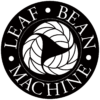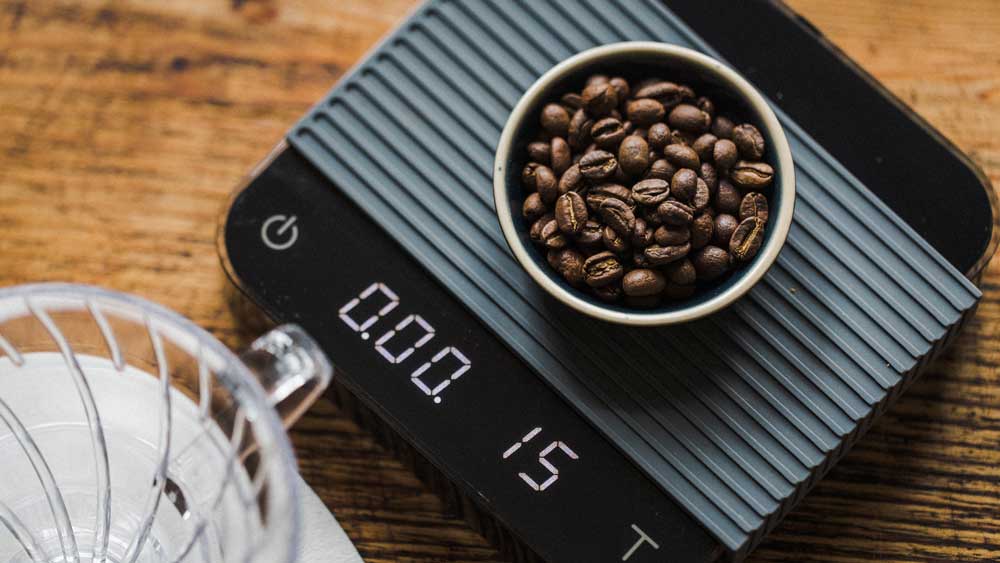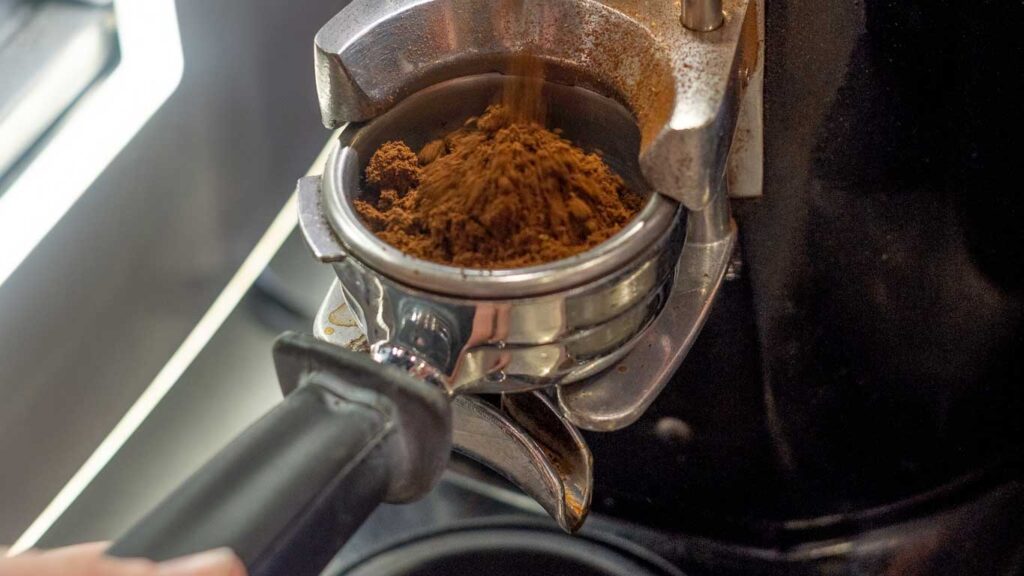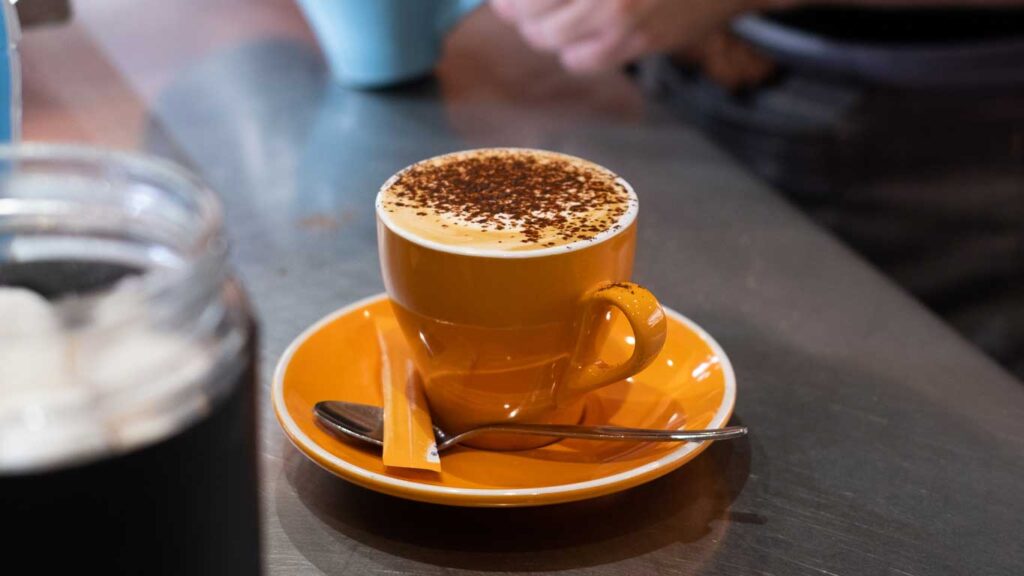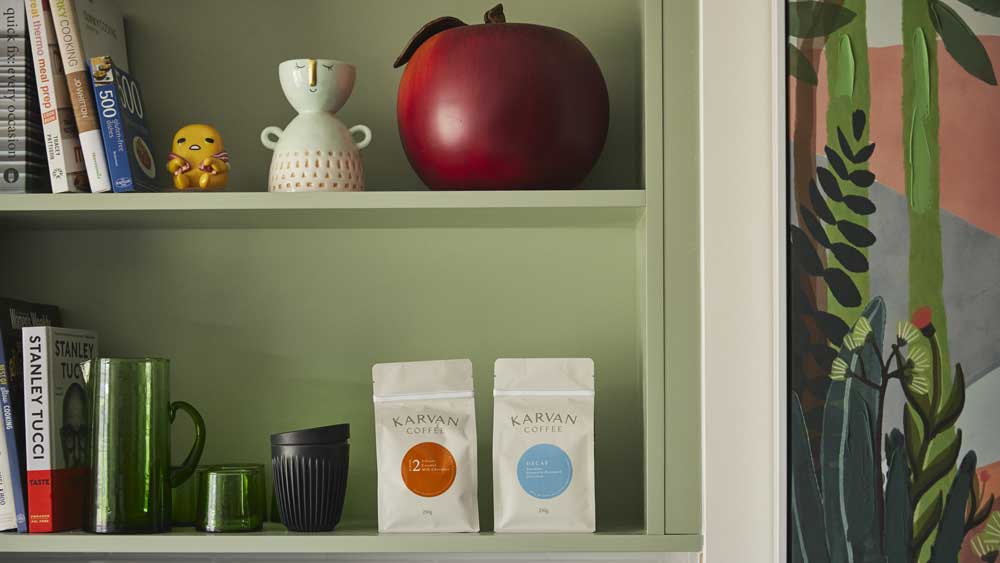Specialty coffee demands better than average, and so do your customers. What can you do to up your game? Simple – weigh your coffee!
Wondering why you should weigh your coffee? Find out here! Coffee is a natural product, and there are a multitude of factors that are highly changeable in the espresso making process. Using an espresso recipe is the very best way to ensure consistency of each espresso shot. Without a recipe, your shots will always be hit and miss as far as consistency is concerned.
Is all ground coffee the same?
All ground coffee is not equal; a coarse grind will yield more volumetrically than a fine grind. The out-dated skill of “eyeballing” your dose just doesn’t weigh up (haha), and is vastly inconsistent from dose to dose. Just as we use barista technique to control the evenness of the extraction, the espresso recipe is about controlling the level of extraction, as well as the flavour and quality of the espresso.
Coffee scales: your not-so-secret secret to great coffee
Weighing your espresso dose needs to become part of your barista technique. If you are an experienced barista, weighing your dose will not take long to incorporate into your normal routine. For beginners, this is a great way to help eliminate inconsistencies, and help to build up your confidence and speed.
Check your filter basket
The dose of coffee needed for each extraction is very specific and is determined by the size of your filter basket. Espresso baskets come in a variety of sizes commonly ranging from 15g to 25g. With only a very small variation of 0.2g on either side of your target weight for your particular basket, the use of good quality scales is a must. Ensure that you use a scale with accuracy to 0.1g, such as these.
Practice makes perfect
Just like any skill, effective dosing by weighing is something that takes a bit of practice; the more you do it the easier and quicker it gets. Once you’ve got the hang of it, it’s just a matter of checking that your dose is correct and maybe making some small adjustments here and there. You will soon get to know how much you may need to add or sweep off to reach your target range.
Key points to remember
- Determine the size of your basket for your dose, and aim for a maximum variance of 0.2g either side of your target weight. For example, a 20g basket can go as low as 19.8g, as high as 20.2g or anything in between.
- Make sure your scales are accurate and weigh to 0.1g. Plug in or rechargeable is recommended for high volume cafes. (We recommend these scales)
- Don’t forget to tare the empty portafilter on the scales before adding coffee; this removes the weight of the handle so that you only have the weight of the coffee grinds. Note: your handles might be slightly different weights so make sure you tare each one in-between each extraction.
- Keep the surface of your dose smooth and flat when making adjustments.
- Dose is the first and crucial step in maintaining your espresso recipe. Without weighing, it’s very hard to achieve consistency and maintain the rest of the recipe factors, negatively affecting your brew ratio. (Further reading: Dialling in your brew).
- “On demand” or automatic grinders do a great job at getting you close to your target weight, but these are by no means consistent in the amount they dose each time – scales are still needed to make adjustments when using an automatic grinder.
- Practice makes perfect – don’t worry if you find weighing your coffee a bit difficult at first, stick with it and you will soon get the hang of it. Knowing that you are on your way to making consistently excellent espresso is well worth the practice.
Cafes, why weighing coffee is important
Consistent coffee is vital for cafes. If a customer orders a coffee one day that tastes delicious but the next day the cup lacks depth and flavor – you will lose customer trust. Consistent flavor is vital to earn the trust of your customers and keep them coming back for another coffee. And in case we haven’t driven the message home enough, weighing your coffee plays a big part in achieving that delicious flavour.
Knowing exactly how much coffee beans are being ground into the grouphead, allows baristas to stick to the coffee recipes and achieve the ideal coffee to water ratio. This ideal balance of coffee to water ratio is known as the ‘golden ratio’ cue angelic choir ahhh. The golden ratio differs depending on the brew method you’re using, how many coffees you’re making and personal preference.
Coffee brewing relies on coffee recipes to keep the process of making coffee consistent as well as the cups served consistent. The best way to really understand how to achieve this in your everyday workflow, is to book in a training session! Once you’ve completed your training session, practice behind the machine and ensure you’re following the recipe and weighing your dose for every shot.
Measuring coffee with a scale is a reliable and easy way to maintain better coffee and deliver that perfect cup every single time.
Home baristas, why using a scale matters
Regardless of whether you use an espresso machine, french press, v60 or one of the many different methods of coffee brewing – measuring your coffee is a non-negotiable.
If you measure the grams of ground coffee beans before you pour your coffee shots, it will greatly improve your morning cup. If you brew coffee with a filter gadget, the same applies.
Coffee, like cooking food or baking a cake, relies on its recipes to produce the end product. When baking a cake, you notice the big difference if you don’t have enough eggs for the recipe – the entire cake’s texture, flavor and experience alters. The same is true for brewing coffee.
Although we’ve heard a few times home coffee makers use “about 1 scoop” for their coffee brewing. Unfortunately, this scoop method could be completely off. Considering weight matters immensely for coffee that even .1g alters the taste, it’s essential you measure your dose brew time. Plus, you’ll save on coffee too if you weigh out the proper dose rather than potentially using more coffee than needed!
Keep a coffee scale right next to your coffee maker so that it’s quick and easy to weigh coffee when you brew your morning mug. Although there are many gram scales, you’ll need to make sure you use coffee scales to weigh coffee. Your everyday kitchen scale isn’t going to be able to tell you exactly how much coffee is in your grouphead.
Need help with your weighing?
Whether you’re a home coffee enthusiast or you’re a long-time barista, it’s always a good idea to refresh your practice with a barista training course. Contact us to book in barista training or book a class online here. Find out more on why you should weigh your coffee.
Written by Summah Grant, Barista Trainer.
